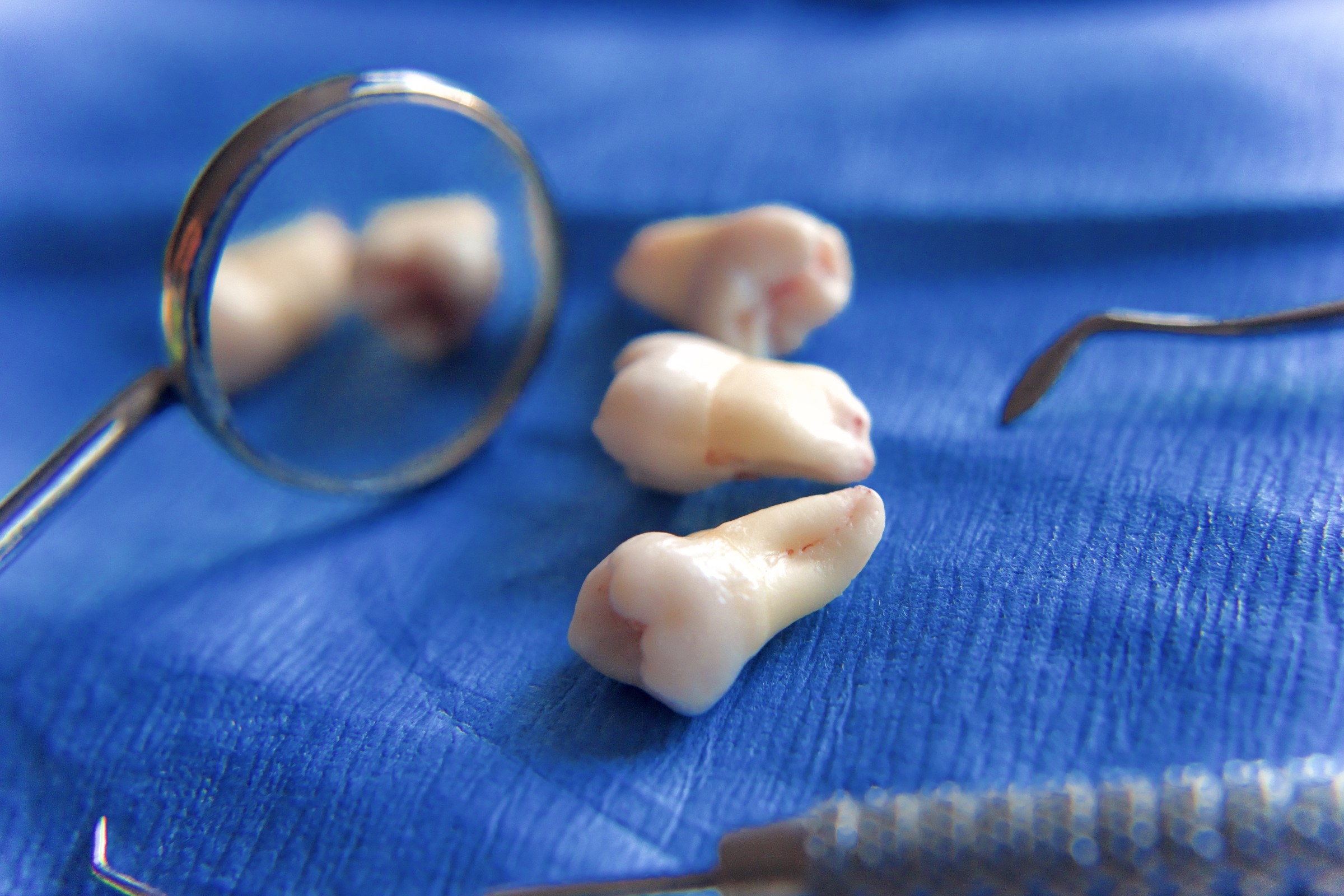
Wisdom Teeth Removal: Discover Relief and Improved Oral Health
If you still have your wisdom teeth, it’s important to consider having them removed to address any potential problems they may cause. Wisdom teeth can often become problematic and lead to pain, infection, and various dental obstacles. Our experienced dental care team is here to provide you with proactive monitoring and effective removal options.
Why Remove Wisdom Teeth?
Wisdom teeth, also known as third molars, can pose several issues if left untreated. In younger patients, it is generally easier to remove wisdom teeth while their teeth and jaw are still in the developmental stage. However, patients with impacted, unaligned, or stubborn wisdom teeth may experience discomfort or damage to their jaw, nerves, or adjacent teeth. Additionally, impacted wisdom teeth have the potential to develop cysts in the surrounding gum tissue, leading to more complex dental concerns.
Painless and Straightforward Removal
At iSmile Dentistry, we understand that the thought of undergoing wisdom teeth removal can be intimidating. Rest assured that the procedure is painless and straightforward, and our skilled dental professionals are dedicated to ensuring your comfort throughout the process. Depending on your specific condition and preferences, wisdom teeth removal can be performed under local anesthetic or anesthesia, as determined by our knowledgeable team.
Post-Procedure Care
Following wisdom teeth removal, it is crucial to follow your dentist’s post-procedure instructions to facilitate the healing process and minimize the risk of complications such as infection. Here are some important guidelines to help you recover smoothly:
1. Avoid Drinking and Smoking: It’s essential to refrain from drinking alcoholic beverages or smoking cigarettes after the surgery. These habits can hinder the healing process and potentially lead to complications.
2. Maintain Oral Hygiene: Gently rinsing your mouth frequently will help keep it clean and free from bacteria. Your dentist may provide specific recommendations for mouth rinses or saline solutions to aid in the healing process.
3. Avoid Sucking or Blowing: Actions such as blowing your nose forcefully or using a straw can disrupt the blood clot that forms in the extraction site and prolong the healing process. It’s important to avoid these activities during your recovery period.
Trust iSmile Dentistry for Expert Wisdom Teeth Removal
At iSmile Dentistry, we prioritize your oral health and well-being. If you’re experiencing discomfort or suspect issues with your wisdom teeth, our expert team is here to provide comprehensive care, including painless and straightforward wisdom teeth removal. By following our post-procedure instructions and adhering to recommended guidelines, you can ensure a smoother recovery and reduce the risk of complications. Contact us today to schedule a consultation and take the first step towards a healthier, more comfortable smile.
Frequently Asked Questions
Schedule Your Appointment Today
Ready to Achieve a Healthy, Beautiful Smile?
Our friendly team is ready to accommodate your scheduling preferences and find the most convenient time for your visit. Whether you are due for a routine check-up, in need of a cosmetic consultation, or seeking specialized dental care, we have you covered.

